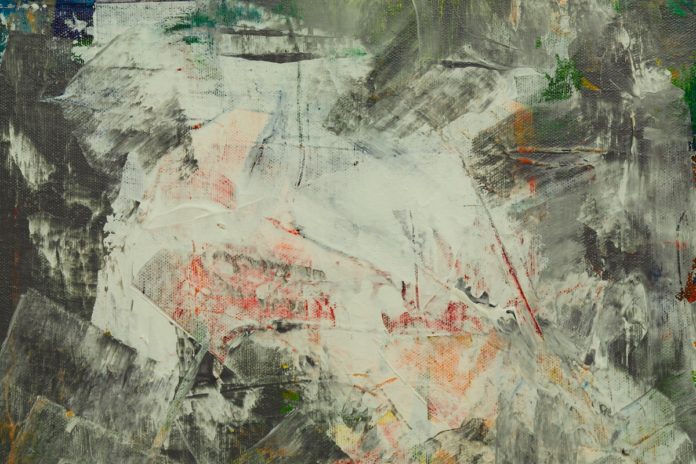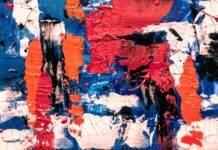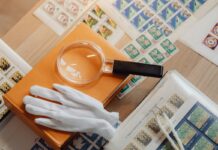Translated by E. Annamalai & H. Schiffman
I was traveling on a train. My attention, which was focussed on looking out of the open window at the stars flashing by, at the trees like ink-blot sketches, the myriad pools of water, and the headlight of the train cutting through the darkness, was distracted by the cry of a child. I drew in my head.
My eyes alighted on a scrawny Naidu* woman. She was sitting in the aisle There was an eight- or nine-month old child beside her. It was screaming. Most of the people were fast asleep, undisturbed by the cries, but one passenger, an old woman, who was awake, said, ”Why don’t you nurse it?”
”I just did. It’s crying in spite of it. There’s no more milk – just blood.”
What does that small child know? How can it know the pain of a dry breast? It crawled onto that Naidu woman’s lap like a wave tumbling onto the shore. She pushed it aside like the shore repulsing the wave. The child screamed for five minutes more, then fell asleep. But even after it slept its little sobs didn’t stop.
The man sitting opposite me said, ”Women are deaf”.
”Why?” I asked .
”Otherwise all this screaming would drive them to suicide. Or their ear- drums would break. One of the two.”
”Men can’t tolerate noise. If those who work in kitchens and draw water from the public well were afraid of noise, they’d be done for”, I said as an excuse for an answer. Nobody said anything more.
Behind us another child started to cry, coughing. At first everyone ignored it. But when a harsh male voice tried to console it with a lullaby, I turned around. The Naidu woman also looked back.
It was a man of perhaps forty or forty-five with a nice square tuft of hair, and earrings with seven topaz in his ears. His face had a look of being able to command and direct people. He was wearing a silk polo shirt and a lungi. It was obvious that he was returning from Ceylon.
Next to him was a boy of six, a girl of about two, and a tiny baby girl. The middle child had a pacifier hanging from a black string around her neck, like a medallion.
I realized that the baby girl was the one crying. First I thought it was just an ordinary cough. Then when I saw its rheumy eyes, its red face, and the saliva drooling from its mouth,I knew it was a case of whooping cough. As I was thinking about whether this baby would survive this cough, the middle one began to cough, and sat up. Also a case of whooping cough.
I couldn’t bear the sight of that poor man’s sad face. The old woman spoke up, ”Young man, how do you manage to carry on with your children in such a state?”
He didn’t answer. Taking a bottle from a basket at his feet, he poured a little of the contents into a cup and gave some to each of the two children The children lay back down. They stopped crying and coughing; and then they fell asleep. Patting them with one hand, he asked offhandedly, ”What did you say, ma’am?”
”I asked, how do you do it?”
“Somehow – by the grace of God. Even after her death I managed. I looked after the kids and worked on the tea plantations. But these two months of whooping cough have been more than I can bear. Can you even begin to under- stand how much these children suffer? By God’s grace -they barely make it through each coughing spell.”
”What was that you gave them? Medicine?”
”No, people say there’s no drug for this cough. They say it just cures itself. What I gave them isn’t medicine – it’s brandy.”
”Oh, for heaven’s sake, that’ll ruin their health”
”How else can I spare them the tears and the pain?”
The Naidu woman got up, and going around to them, said, ”Poor things – motherless children!”
”What can a man do when they cry for their mother or when they cry from so much coughing? With brandy I can make them forget their misery. What else can I do?”
A half hour passed. We were talking about fate. The baby began to cough again. The pacifier dropped from its mouth. I couldn’t stand it any longer; I got up. He was reaching for the bottle of brandy.
”Leave the brandy be. Give me the baby,” the Naidu woman broke in. She took the baby in both arms and cradled it to her dry breast. The baby’s coughing stopped. There was grace in that woman’s heart. But was there milk in her breast?
*A caste name
Acknowledgement
The above translation first appeared in Mahfil, Vol. 4, No. 3/4, TAMIL ISSUE (Spring and Summer, 1968), pp. 46-47 Published by: Asian Studies Center, Michigan State University



















